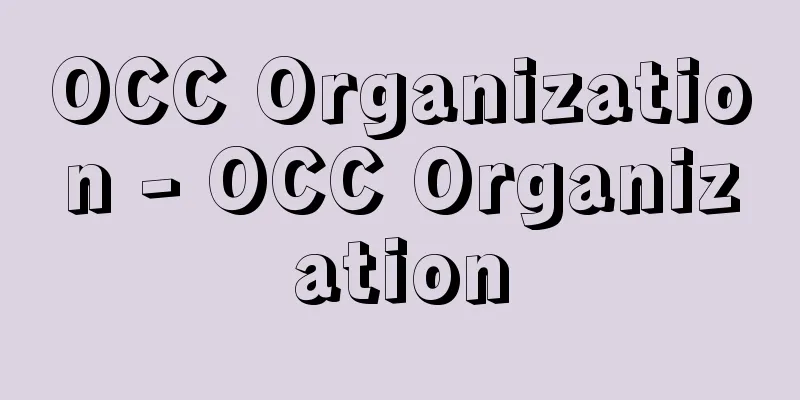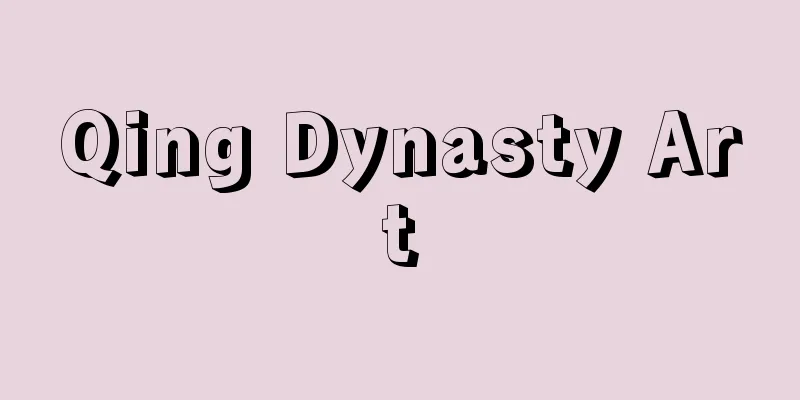Advisory committee

|
A council is a deliberative body that administrative agencies consult when making decisions. At the national level, a council may be established by a ministry, committee, or agency, within the scope of its jurisdiction as stipulated by law or cabinet order (Article 8 of the National Government Organization Act). Examples of such councils include the Legislative Council, the Central Council for Education, and the Radio Regulatory Council. Before the amendment of the National Government Organization Act in 1983, councils could only be established by law. At local governments, councils may be established by law or ordinance as an auxiliary body of the executive organ of the local government (the mayor, committee, or commissioner) (Article 138-4, Paragraph 3 of the Local Autonomy Act). Examples of such councils include the Local Social Welfare Council and the Prefectural City Planning Council. The decisions made by councils (opinions, recommendations) only have meaning within the administration. Councils do not have external decision-making power. In this respect, they differ from administrative commissions. Depending on whether the opinions (recommendations) of councils are legally binding on the administrative agency that asked for their opinions, councils are classified as advisory bodies (not legally binding) or participant bodies (legally binding). In addition to councils established by law or ordinance, both national and local governments often use de facto councils called "study groups" or "discussion groups." These are so-called "private" advisory bodies. Problems with councils that are often pointed out include the fact that they are not a system that guarantees the participation of diverse citizens and residents, the way in which committee members are selected, and the fact that they serve as a justification for the administration. Following the reorganization of central government ministries and agencies in January 2001, councils have been reorganized and streamlined based on the policy of essentially abolishing those with little track record of activity or whose necessity for establishment has significantly decreased (see Article 30 of the Basic Law for Reform of Central Government Ministries and Agencies). For example, the Council for Science and Technology was established in the Ministry of Education, Culture, Sports, Science and Technology in January 2001 by consolidating the functions of six science and technology-related councils, such as the Council for Aeronautics, Electronics and Other Technologies, the Council for Ocean Development, and the Resource Survey Council, while the Industrial Structure Council of the Ministry of Economy, Trade and Industry was established by consolidating 10 councils, including the Industrial Structure Council, the Council for Industrial Location and Industrial Water, and the Commodity Exchange Council, which existed before the reorganization. [Kazukazu Hirata] Source: Shogakukan Encyclopedia Nipponica About Encyclopedia Nipponica Information | Legend |
|
審議会とは、行政機関が意思決定を行う際に意見を求める合議制の機関である。審議会は、国においては、省、委員会、庁に、法律の定める所掌事務の範囲内で、法律または政令の定めるところによって設置することができる(国家行政組織法8条)。法制審議会、中央教育審議会や電波監理審議会などがある。1983年(昭和58)の国家行政組織法改正以前では、法律によってのみ設置することができた。地方公共団体においては、地方公共団体の執行機関(長、委員会、委員)に付属機関として、法律または条例によって審議会を設置することができる(地方自治法138条の4第3項)。地方社会福祉審議会、都道府県都市計画審議会等がある。 審議会の意思決定(意見、答申)は、行政内部において意味をもつにとどまる。審議会は対外的決定権をもたない。この点で行政委員会とは異なる。審議会の意見(答申)が、意見を求めた行政機関を法的に拘束するかどうかによって、審議会は、諮問機関(法的拘束力をもたない)と参与機関(法的拘束力をもつ)に分類される。 また、法律または条例によって設置される審議会のほかに、国にあっても地方公共団体にあっても、「研究会」「懇談会」などとよばれる事実上の審議会が多用される。いわゆる「私的」諮問機関とよばれるものである。審議会についての問題点として、多面的な国民、住民参加を保障するシステムになっていないこと、委員の選任のあり方、行政の正当化機能に資する面があることなどが指摘されることも多い。 なお、審議会について、2001年(平成13)1月の中央省庁再編に伴い、活動の実績が乏しいもの、設置の必要性が著しく低下しているものは基本的に廃止する等の方針に基づいて整理・合理化が進められている(中央省庁等改革基本法30条参照)。たとえば、科学技術・学術審議会は、航空・電子等技術審議会、海洋開発審議会、資源調査会等科学・技術関係の6審議会の機能を整理統合して2001年1月文部科学省に設置され、経済産業省の産業構造審議会は、再編前の産業構造審議会、工業立地及び工業用水審議会、商品取引審議会等10の審議会を整理統合したものである。 [平田和一] 出典 小学館 日本大百科全書(ニッポニカ)日本大百科全書(ニッポニカ)について 情報 | 凡例 |
Recommend
Salicylic acid - Salicylic acid (English spelling)
Its chemical formula is C 6 H 4 (OH)COOH and it i...
garden pink
...It is a cushion-like perennial plant with a sl...
Linotype (English spelling)
A type of casting machine for Western characters. ...
Commemorative stamps - commemorative stamps
A postage stamp issued to commemorate important na...
Nikkyo Niwano - Nikkyo Niwano
A religious leader and the first president of Ris...
Guangzhou
A sub-provincial city (a prefecture-level city wi...
Masaesyli
...The inhabitants of the ancient Maghreb spoke B...
East Coker
…Published in 1943. It consists of four chamber m...
Allain, M.
...A serial action film starring the mysterious t...
The Pact of Chanyuan
A peace treaty was concluded between the Song and...
Oncilla
...They are particularly skilled at climbing tree...
Aurelius Victor
…In this way, classical Latin literature was pass...
Hashioka Kyutaro
A shite actor of the Kanze school of Noh. Born in...
Pierre Carlet de Chamblain de Marivaux
French playwright and novelist. Born in Paris. Sp...
Enra
(Abbreviation of Yama-rāja, a transliteration of &...









